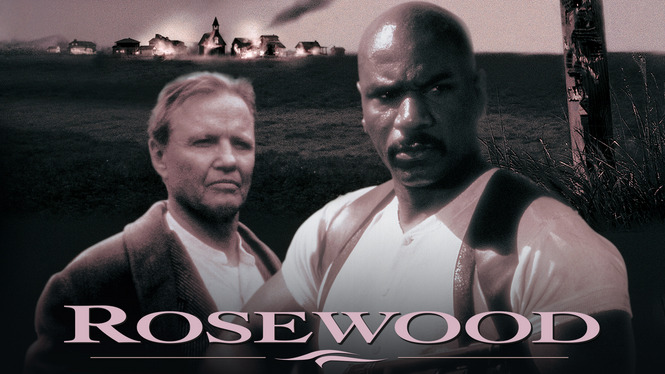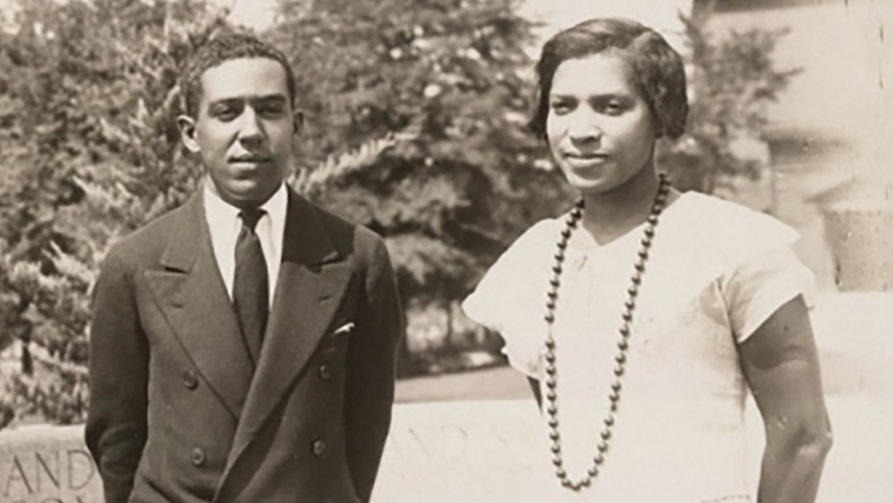Continental integration has been seized upon as a key to reviving Africa. In this light, the revitalization of the African Union and initiatives such as the New Partnership for African Development (NEPAD), ECOWAS and SADC are timely measures but if they are to be effective, they cannot remain vague concepts understood only at the macroeconomic and macropolitical levels. The idea of African integration has to be articulated as a broad, sweeping vision of a renascent Africa. Pax Africana is a socio-spiritual ethic for rebuilding Africa that will harvest from the continent’s fertile cultural acreage to create a pan African philosophy of development.
African statesmen of yore like Zik, Nkrumah, Senghor and Nyerere had identified this as a basis for Africa’s progress. Pax Africana, in essence, recovers their vision. Traditional African values that are now alien to us have been recovered to create this pan African philosophy. A philosophical basis is important; Africa is not integrating simply because Europe and North America are doing so or because it is the latest global fad. In the twenty-first century, we have to avoid making the same mistake that we made in the twentieth when we adopted western democracy wholesale without crafting a homegrown philosophy for it in our own societies. Popular representation isn’t alien to African societies (pre-colonial Igbo and Tiv societies, for instance, were democratic confederations) but democracy has struggled here because we failed to take into consideration our peculiar socio-cultural situation. A pan African philosophy conceptualizes continental integration as a necessary aspect of fulfilling Africa’s manifest destiny.
No single African nation can compete with the economic power blocs of our time- the European Union, the United States, the emerging economies of China and India as well the latent union of South East Asian economies such as Singapore, Japan and South Korea. The whole point of regional integration is synergy-the amplification of human capital and economic potential. It is the same idea that motivates the corporate mergers that are creating the transnational superconglomerates which are dominating the global economy. Regional integration means larger markets but more importantly it portends a larger, richer pool of human and intellectual capital, the prime currency of the 21st century world economy. The Pan Africanist statesmen of yesteryears rightly understood that Africa’s only hope of advancement lay in dismantling the divisive boundaries foisted on her by the colonialists. Regional integration, initially along already existing blocs such as ECOWAS and SADC would only be continuing the centuries long sociocultural and trade relations which subsisted before the advent of colonialism. This is what Pax Africana is all about.
The Bantu idea of “Ubuntu” is the first of Pax Africana’s twin pillars. Ubuntu conveys the very essence of community. It is very similar to late Dr. Julius Nyerere’s “Ujamaa” (familyhood) ethic, which he bequeathed to Tanzania as a national philosophy. Ubuntu speaks of the interconnectedness and the intertwining of peoples, the affirmation of human interdependence expressed in the forging of a true community. Friendliness, social and communal happiness are the highest good. The common humanity espoused by the Ubuntu ideal means that an individual is open to others and is humiliated when others are dehumanized because when one suffers, everyone suffers. In short, Ubuntu affirms individual identity as a part of a larger collective, the family, the community, the society and the world.
Archbishop Desmond Tutu in his book ‘No Future without Forgiveness,’ identified the Ubuntu principle as one of the main reasons for South Africa’s bloodless transition from apartheid enclave to multiracial democracy. Ubuntu as a community dynamic should be at the core of continental integration asserting the common destiny of African humanity.
A corollary to Ubuntu is “Amana,” a Hausa concept whose meaning encompasses faith, trust and honesty. This is the guiding principle of traditional northern Nigerian society. Trust and honesty are integral elements of socioeconomic transactions. A man’s word is his bond. Amana evokes an implicit faith in one’s neighbour. Honesty and integrity are used to earn trust. It is easy to see how Ubuntu and Amana complement each other. The former elevates community while the latter under girds it. Amana is at the heart of all inter-human relations. The erosion of faith, honesty and trust results in the disintegration of friendships, families, communities and even whole nations. The most important socioeconomic transaction is the social contract between the state and the society. Amana in a society would revolutionize social and commercial transactions but applied to the social contract, it would transform governance. The principle of Amana should be the core of a new compact between the government and the governed in Africa. NEPAD’s Peer Review Mechanism and all other initiatives to enhance governmental accountability should be woven around this principle. Power is entrusted, and as a trust it has to be earned. Bringing back the notions of faith, hope and trust to leadership would change the face of Africa.
In these two closely related values of Ubuntu and Amana that constitute Pax Africana (and their variants in the diverse cultures across the continent); Africa has the tools with which to shape her future. I agree that the continent needs aid and debt relief, but Africa’s cancer is in her soul and not her stomach. Bread and butter are helpful, but what really defines life and existence is the value that we hold within. Our negative value system thus far, suggests that Africa will only destroy herself with more foreign aid.
Pax Africana as a socio-spiritual ethic recalls the traditional African communal setting that recognized no delineation between the social and the spiritual or the material and the metaphysical. Prior to colonialism, the African lived with an awareness of the transcendence and the immanence of God. The Europeans brought in a Christian religion tainted by the Hellenic idea of platonic dualism and the rationalism of the enlightenment era. Under the influence of their materialist worldview, they discounted the African’s regard for the supernatural wholesale as paganism and superstition and erected a wall between the spiritual and the earthly dimensions of existence. Such a dichotomy is in fact as alien to African thought as it is to biblical Christianity. I believe that the amoral exercise of power and other forms of social dysfunction in Africa can be attributed in large part to this dichotomy that has made the African remote in his material existence from his creator.
One tragedy of Africa’s sociocultural experience has been the importation of western values under the guise of Christianity and that of Middle Eastern values as Islam. To a significant extent, religious conflicts on the continent are actually violent phases of a conflict between eastern and western worldviews that only superficially coincide with religious beliefs. They also mask a struggle for the control of economic resources and political power within the badly structured nation-states created by the colonialists. In place of this pseudo-religion, I advocate a new social spirituality that will embody true religion in a manner that affirms the life and dignity of the African.
Social spirituality is not aiming to replace Islam or Christianity but to fulfill them. It offers a triune salvation first from the basic separation of the African from his maker; a spiritual rift that is by no means unique to the African but which is reflected in the moral climate of societies on the continent. Secondly, it seeks to unshackle the African from the mental and psychological slavery occasioned by colonialism. The African mind is in need of emancipation from the inferiority complex that has long prevented it from realizing its full potential. Thirdly, it aims to transform the material and social environment of the African which are but manifestations of his spiritual and mental condition. The social sins that afflict human society as identified by Gandhi are after all spawned from the original spiritual sin.
The social spirituality of Pax Africana is less a new religion than a new theology; one that is prophetic in its relevance to African society. It is a new praxis for addressing the challenges facing our beleaguered continent at the dawn of the 21st century. One might describe it as a theocentric African answer for African problems. It is not unlike the Liberation theology movement that was born in Latin America during the mid 20th century as the church sought to address sociopolitical and economic crises in light of the gospel. In so doing, a moral impetus was brought to bear on the process of social transformation.
In promoting the ideals of Ubuntu and Amana, we are affirming the truth that the real measure of religion is in how we relate with our fellow beings. True religion finds expression beyond the self to reach the family and the community and ultimately the whole world. The charismatic explosion in Africa right now should culminate in social spirituality as its only validation. The African independent churches of the early twentieth century understood this somewhat. Their emergence coincided with the rise of African nationalism. Exactly the same sort of socio-spiritual synthesis is needed now to birth the African renaissance.








